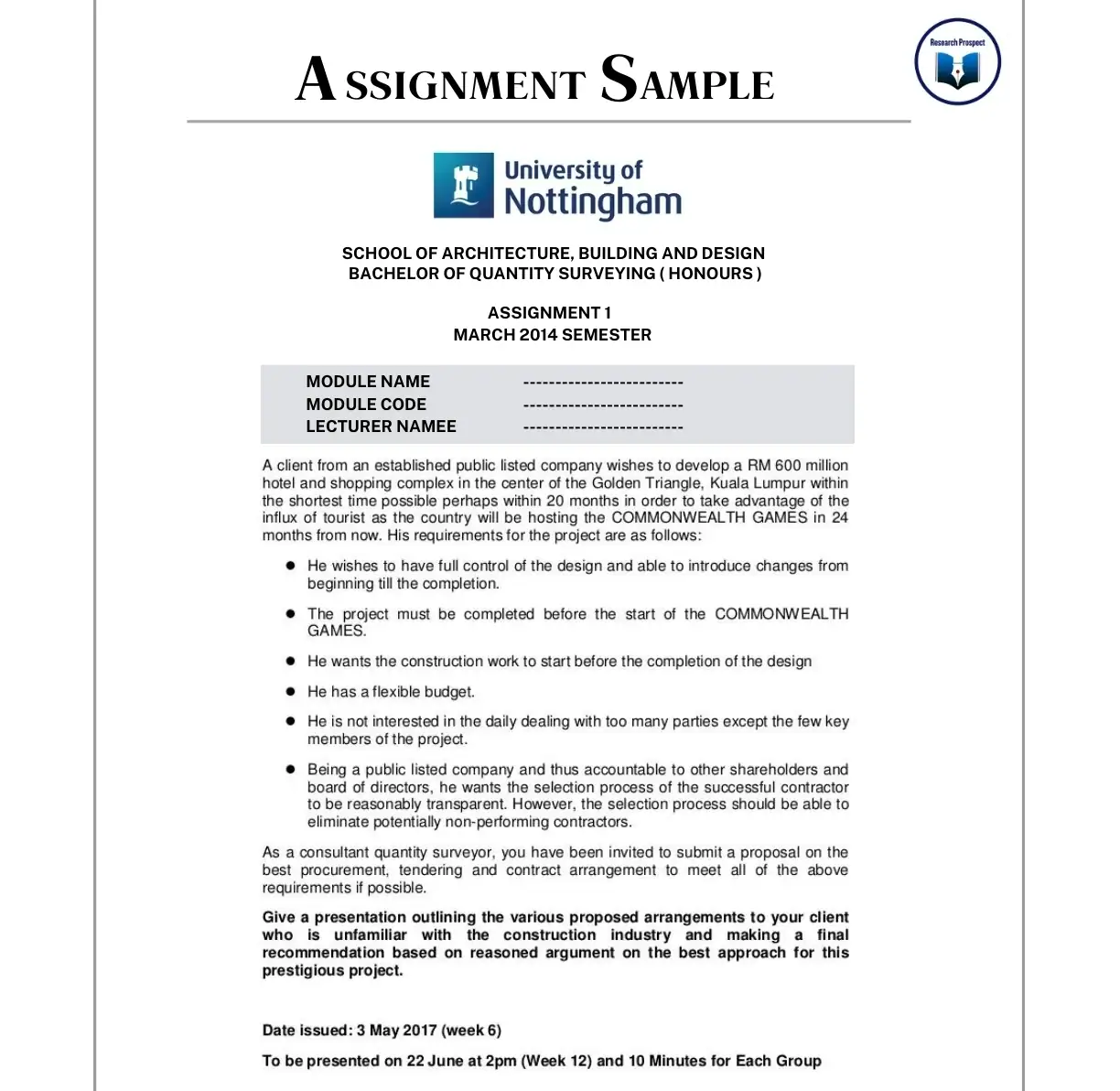- Search entire site
- Search for a course
- Browse study areas

Analytics and Data Science
- Data Science
- Business Analytics
- Event Management
- Human Resources
- MBA Programs
- Social Impact
- Supply Chain Management
- Communication
- Animation Production
- Digital and Social Media
- Media Arts and Production
- Media Business
- Music and Sound Design
- Screen Arts Production
- Social and Political Sciences
- Strategic Communication
- Writing and Publishing
Design, Architecture and Building
- Architecture
- Construction
- Interior Architecture
- Landscape Architecture
- Local Government
- Product Design
- Project Management
- Property and Real Estate
- Urban Planning
- Visual Communication
- Secondary Education
- TESOL and Applied Linguistics
- Education Learning and Leadership
- Learning Design
- Primary Education
- Engineering
- Biomedical Engineering
- Civil and Environmental Engineering
- Electrical and Electronic Engineering
- Mechanical and Mechatronic Engineering
- Nursing and Midwifery
- Sport and Exercise
- Public Health
Health (GEM)
- Allied Health
- Information Technology
- Computer Science
- Games, Graphics and Multimedia
- Systems Design and Analysis
- Artificial Intelligence
- Cybersecurity and Networking
- International Studies
- Criminology
- Sustainability and Environment
- International Relations
- Practical Legal Training
- Commercial and Business Law
- Juris Doctor
- Legal Studies
- Intellectual Property
- Migration Law and Practice
- Biotechnology
- Environmental Sciences
- Food Science
- Forensic Science
- Mathematics, Statistics and Quantitative Finance
- Medical Science
- Pharmaceutical Science
- Physics and Quantum Technology
- Transdisciplinary Innovation
- Creative Intelligence and Innovation
- Entrepreneurship
- Data Science and Innovation
- Sustainability and Innovation
Sample written assignments
Look at sample assignments to help you develop and enhance your academic writing skills.
How to use this page
This page features authentic sample assignments that you can view or download to help you develop and enhance your academic writing skills.
PLEASE NOTE: Comments included in these sample written assignments are intended as an educational guide only. Always check with academic staff which referencing convention you should follow. All sample assignments have been submitted using Turnitin® (anti-plagiarism software). Under no circumstances should you copy from these or any other texts.
Annotated bibliography
Annotated Bibliography: Traditional Chinese Medicine (PDF, 103KB)
Essay: Business - "Culture is a Tool Used by Management" (PDF, 496KB)
Essay: Business - "Integrating Business Perspectives - Wicked Problem" (PDF, 660KB)
Essay: Business - "Overconsumption and Sustainability" (PDF, 762KB)
Essay: Business - "Post bureaucracy vs Bureaucracy" (PDF, 609KB)
Essay: Design, Architecture & Building - "Ideas in History - Postmodernism" (PDF, 545KB)
Essay: Design, Architecture & Building - "The Context of Visual Communication Design Research Project" (PDF, 798KB)
Essay: Design, Architecture & Building - "Ideas in History - The Nurses Walk and Postmodernism" (PDF, 558KB)
Essay: Health (Childhood Obesity ) (PDF, 159KB)
Essay: Health (Improving Quality and Safety in Healthcare) (PDF, 277KB)
Essay: Health (Organisational Management in Healthcare) (PDF, 229KB)
UTS HELPS annotated Law essay
(PDF, 250KB)
Essay: Science (Traditional Chinese Medicine) (PDF, 153KB)
Literature review
Literature Review: Education (Critical Pedagogy) (PDF, 165KB)
Reflective writing
Reflective Essay: Business (Simulation Project) (PDF, 119KB)
Reflective Essay: Nursing (Professionalism in Context) (PDF, 134KB)
Report: Business (Management Decisions and Control) (PDF, 244KB)
Report: Education (Digital Storytelling) (PDF, 145KB)
Report: Education (Scholarly Practice) (PDF, 261KB)
Report: Engineering Communication (Flood Mitigation & Water Storage) (PDF, 1MB)
UTS acknowledges the Gadigal people of the Eora Nation, the Boorooberongal people of the Dharug Nation, the Bidiagal people and the Gamaygal people, upon whose ancestral lands our university stands. We would also like to pay respect to the Elders both past and present, acknowledging them as the traditional custodians of knowledge for these lands.

Assignment Samples & Examples

Table of Contents
Assignment samples, assignment instructions & rubrics, useful tools to plan assignments, useful tools to search & organize sources, useful tools to analyze sources & develop your ideas, writing strategies, learning strategies.
Here you can find the complete list of all the student assignment samples as well as practical tools and examples that are hyperlinked as PDF, Word or Excel files across Resource Pages.
This is a full literature review paper written by an OISE student on the topic of Computer-mediated Communication (CMC) and Written Corrective Feedback (WCF) in Writing Centers (WC). Throughout the paper, you will find several annotations. Yellow annotations refer to the structure of the paper, its content and how ideas are developed. Purple annotations refer to writing elements and language elements (e.g., paragraphs, paraphrases, summaries, quotes, stance and voice, cohesion, etc.).
This assignment sample is hyperlinked in the following Resource Pages:
- How to Draft an Academic Paper
- How to Write Introductions
- How to Write Conclusions
This is an experiential reflection assignment written by OISE student Hongyu Chen about their observations of a Mandarin language class and language teaching methodologies.
This assignment sample is available the following Resource Pages:
- What is Reflective Writing?
- How to Write Reflectively
These are two examples of annotated bibliographies with slightly different structures.
These examples are illustrated and hyperlinked in the following Resource Page:
- What is an Annotated Bibliography?
- How to Write an Annotated Bibliography
This is a research proposal paper written by an OISE student on the relationships between textual production, student collaboration and social networking sites. Hover over the highlighted parts to find annotations and comments about the structure and content of this research proposal.
This assignment sample is hyperlinked in the following Resource Page:
- How to Write a Research Proposal Paper
This is a set of instructions for a final paper with notes written by an OISE student. The notes show you the process of understanding and planning the assignment on the student’s part.
This sample is hyperlinked in the following Resource Page:
- How to Understand & Plan Assignments
This is a rubric for an Annotated Bibliography assignment that shows the professor’s expectations and evaluation criteria. Students can use these evaluation criteria as guidelines when working on the assignment.
This rubric is hyperlinked in the following Resource Page:
These are detailed guidelines on how to prepare a quantitative research proposal. Adapted from the course APD2293 “Interpretation of Educational Research”.
These guidelines are hyperlinked in the following Resource Page:
Download this template and use it when planning your work for an assignment.
This template is hyperlinked in the following Resource Page:
This is an example of how to start planning and thinking about your research proposal assignment. You will find a student’s notes and ideas about their research proposal topic - "Perspectives on Textual Production, Student Collaboration, and Social Networking Sites”.
This example is hyperlinked in the following Resource Page:
Download this template and use it to brainstorm keywords for core concepts and related terms when searching sources for your assignment.
This template is hyperlinked in the following Resource Page:
- How to Find Sources for Assignments
Download this template and use it to keep track of your library searches when looking for sources for your assignment. At the top, you’ll find an example of how to use the template.
Download this template spreadsheet and use it to record and organize the bibliographic information of the sources you found. It will help you keep track of the sources collected. At the top, you’ll find an example of how to use this spreadsheet.
- How to Organize Literature
Download this template spreadsheet and use it to record and organize the key information of the sources you found + your notes about the relevant points from each source after reading them. It will help you when you analyze your sources and need to develop ideas for your assignment. At the top, you’ll find an example of how to use this spreadsheet.
The examples and templates below are linked in the following Resource Page:
- How to Analyze Literature and Develop Ideas for my Literature Review
Download this spreadsheet for an example of how you can summarize findings and record your analysis for each source you’ve read. The research topic in this example is assessment practices of online mathematics and statistics courses at the undergraduate level, with a focus on students’ and instructors’ perspectives. You can first browse the overall information of the example sources and pay attention to the final two columns for findings and critical analysis.
This is an example of how to use a table to organize your ideas and visualize the connections among them. These will become the points to include in your assignment.
This is an example of how to use a concept map to organize your ideas and visualize the connections among them. These will become the points to include in your assignment.
This is an example of how to use a literature review matrix to organize your ideas and visualize the connections among them. These will become the points to include in your assignment.
This is an example of how to use an outline to organize your ideas and visualize the connections among them. These will become the points to include in your assignment.
For users with accessibility needs: this example shows a well-structured paragraph featuring three main elements: a topic sentence, supporting statements and a conclusion or transition sentence.
You can find this example as an image in the following Resource Page:
- What are Paragraphs
For users with accessibility needs: this example shows the structure of a paragraph using the sandwich strategy.
- How to Write Paragraphs
For users with accessibility needs: this example shows how different voices are used within a paragraph.
- What are Stance & Voice and How to Apply them in Academic Writing
This example with annotations shows how a student writer takes a stance and shifts between voices in a paragraph about Mathematics programs.
This example with annotations shows how a student revised a paper section by identifying the key points to make sure they flow logically.
- Revising, Editing & Proofreading
This example shows how to use concision strategies in a paragraph.
This example with annotations shows how a student revised, edited and proofread the introduction paragraph of a paper on language policies in Beijing.
This sample shows a student’s notes during a lecture about the topic “Assessments in online mathematics courses in the post-secondary context”.
- How to Take Notes in Class
This sample shows how a student reviewed, consolidated and organized their notes after class. These notes refer to a lecture about the topic “Assessments in online mathematics courses in the post-secondary context”.
This sample shows a student’s notes of an academic article using the Cornell system.
- How to Take Notes of Readings
This sample shows a student’s notes of an academic article using the outline method.
For users with accessibility needs: this sample shows a student’s notes of an academic article using the mindmap method.
- How it works
"Christmas Offer"
Terms & conditions.
As the Christmas season is upon us, we find ourselves reflecting on the past year and those who we have helped to shape their future. It’s been quite a year for us all! The end of the year brings no greater joy than the opportunity to express to you Christmas greetings and good wishes.
At this special time of year, Research Prospect brings joyful discount of 10% on all its services. May your Christmas and New Year be filled with joy.
We are looking back with appreciation for your loyalty and looking forward to moving into the New Year together.
"Claim this offer"
In unfamiliar and hard times, we have stuck by you. This Christmas, Research Prospect brings you all the joy with exciting discount of 10% on all its services.
Offer valid till 5-1-2024
We love being your partner in success. We know you have been working hard lately, take a break this holiday season to spend time with your loved ones while we make sure you succeed in your academics
Discount code: RP0996Y

Academic Assignment Samples and Examples
Are you looking for someone to write your academic assignment for you? This is the right place for you. To showcase the quality of the work that can be expected from ResearchProspect, we have curated a few samples of academic assignments. These examples have been developed by professional writers here. Place your order with us now.

Assignment Sample
Discipline: Sociology
Quality: Approved / Passed
Discipline: Construction
Quality: 1st / 78%
Discipline: Accounting & Finance
Quality: 2:1 / 69%
Undergraduate
Discipline: Bio-Medical
Quality: 1st / 76%
Discipline: Statistics
Quality: 1st / 73%
Discipline: Health and Safety
Quality: 2:1 / 68%
Discipline: Business
Quality: 2:1 / 67%
Discipline: Medicine
Quality: 2:1 / 66%
Discipline: Religion Theology
Quality: 2:1 / 64%
Discipline: Project Management
Quality: 2:1 / 63%
Discipline: Website Development
Discipline: Fire and Construction
Discipline: Environmental Management
Discipline: Early Child Education
Quality: 1st / 72%
Analysis of a Business Environment: Coffee and Cake Ltd (CC Ltd)
Business Strategy
Application of Project Management Using the Agile Approach ….
Project Management
Assessment of British Airways Social Media Posts
Critical annotation, global business environment (reflective report assignment), global marketing strategies, incoterms, ex (exw), free (fob, fca), cost (cpt, cip), delivery …., it systems strategy – the case of oxford university, management and organisation in global environment, marketing plan for “b airlines”, prepare a portfolio review and remedial options and actions …., systematic identification, analysis, and assessment of risk …., the exploratory problem-solving play and growth mindset for …..
Childhood Development
The Marketing Plan- UK Sustainable Energy Limited
Law assignment.
Law Case Study
To Analyse User’s Perception towards the Services Provided by Their…
Assignment Samples
Research Methodology
Discipline: Civil Engineering
Discipline: Health & Manangement
Our Assignment Writing Service Features
Subject specialists.
We have writers specialising in their respective fields to ensure rigorous quality control.
We are reliable as we deliver all your work to you and do not use it in any future work.
We ensure that our work is 100% plagiarism free and authentic and all references are cited.
Thoroughly Researched
We perform thorough research to get accurate content for you with proper citations.
Excellent Customer Service
To resolve your issues and queries, we provide 24/7 customer service
Our prices are kept at a level that is affordable for everyone to ensure maximum help.
--> 100,000 students --> 4.8 / --> 5
--> --> --> --> --> --> --> -->

--> Economics Student -->